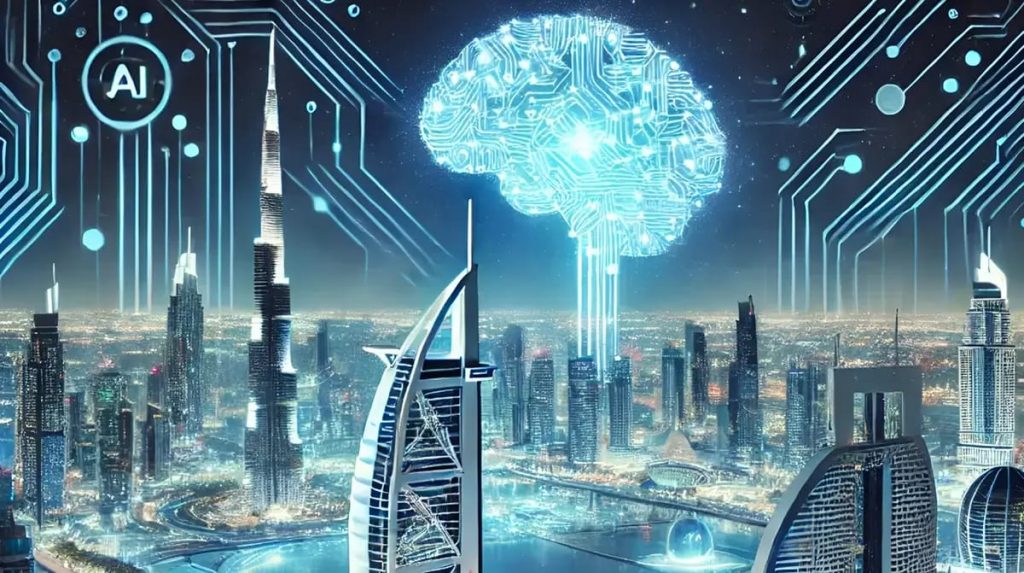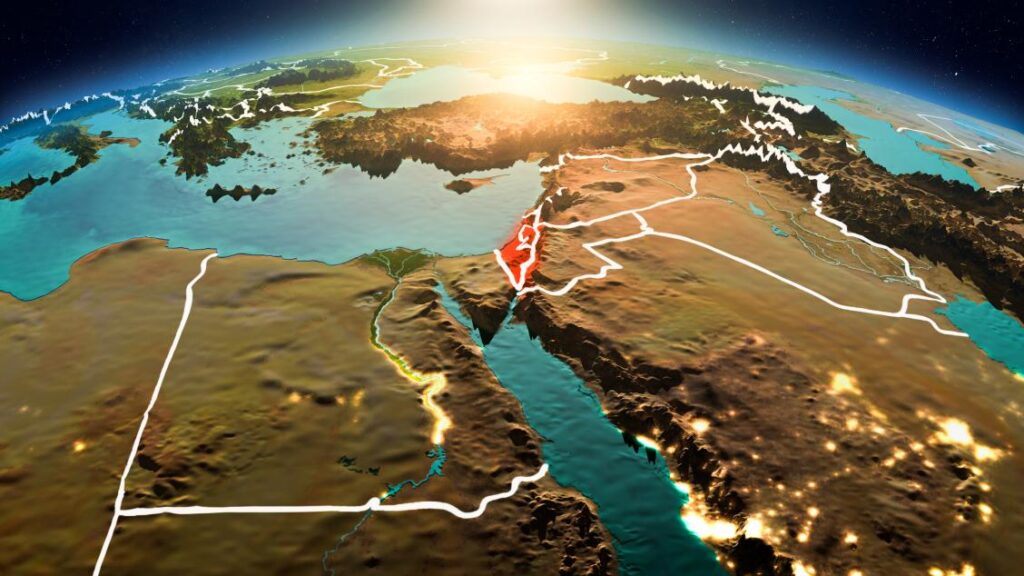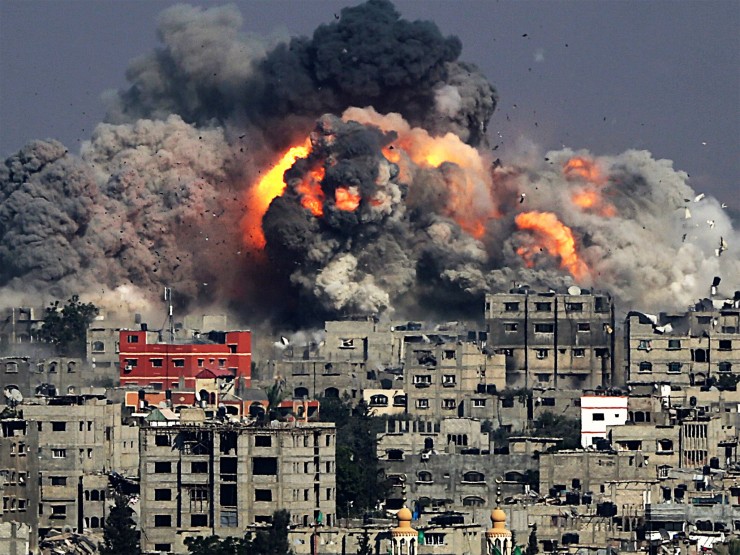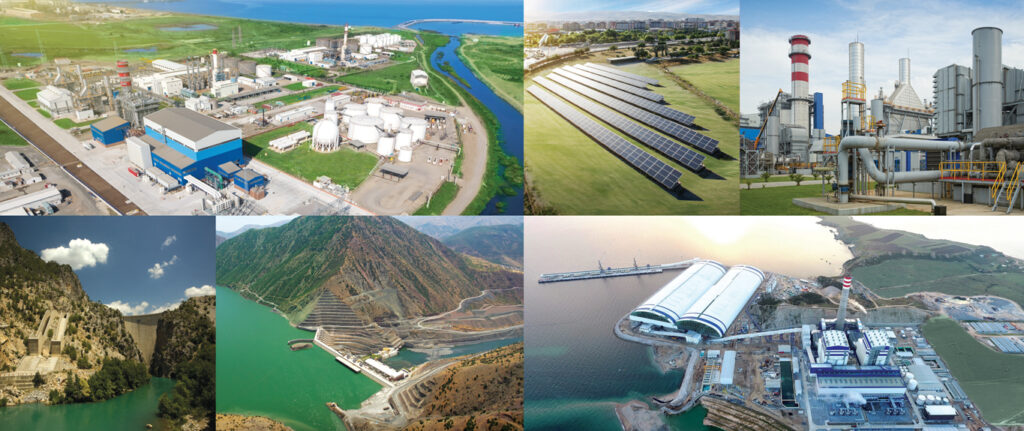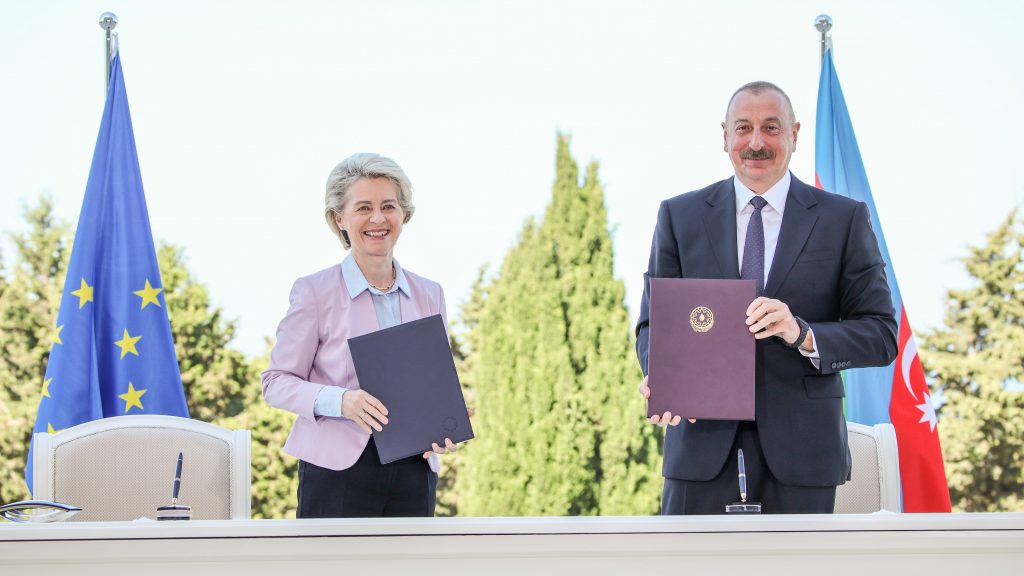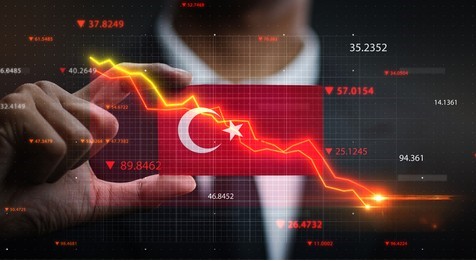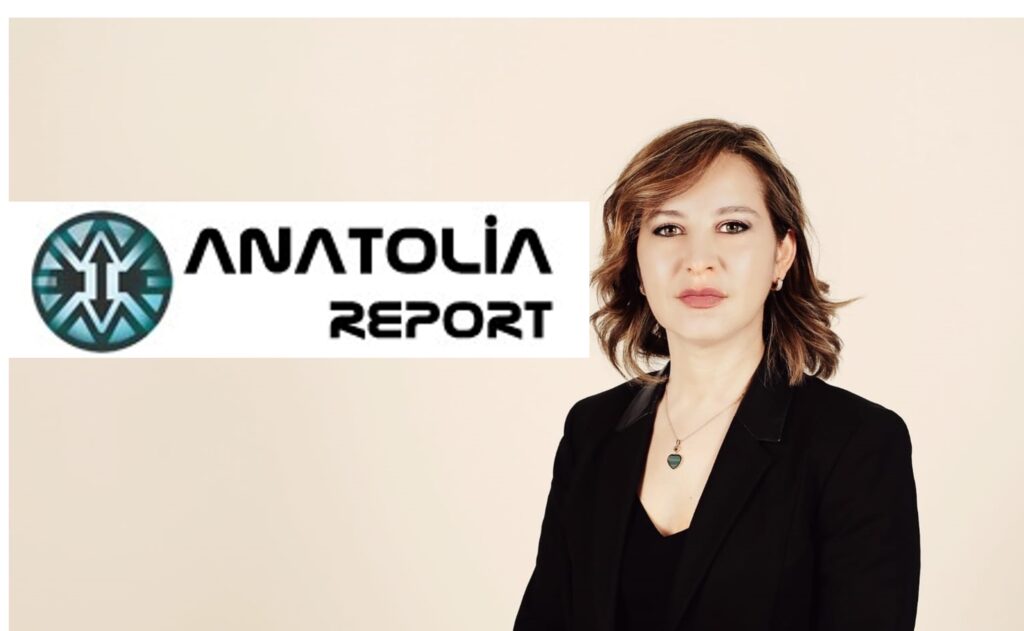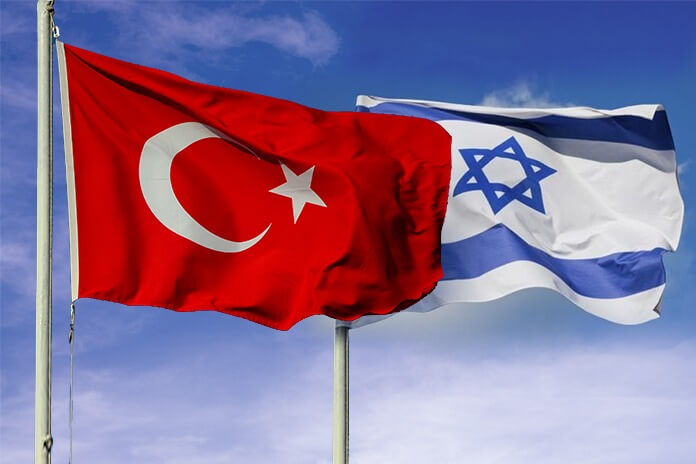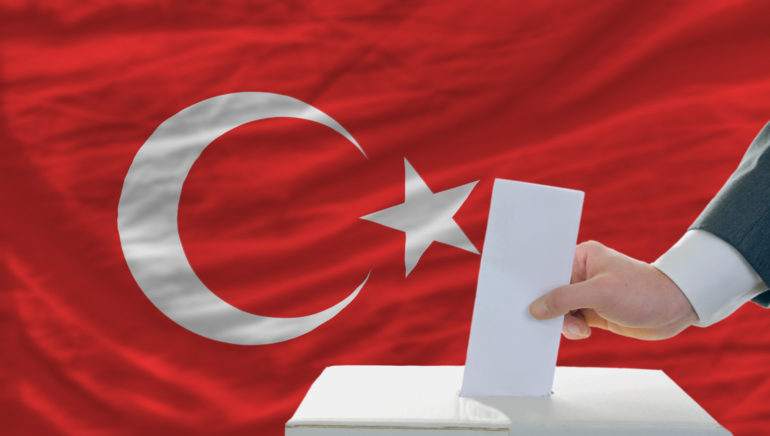Turkiye Presidential elections : “What is the secret of Erdogan who has governed the country for 20 years?”
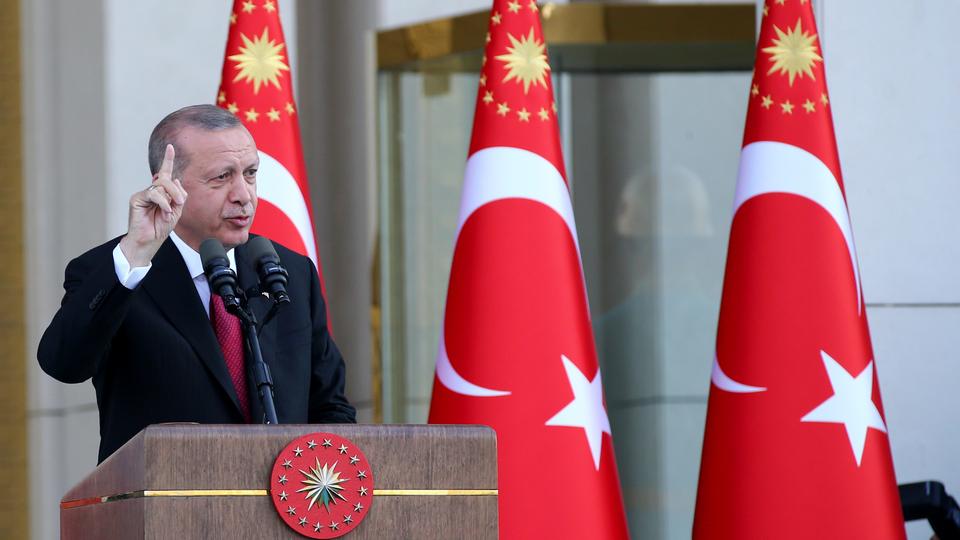
Turkiye Presidential elections: “What is the secret of Erdogan who has governed the country for 20 years?”
_______________________________________________________________________
By N.Selin ŞENOCAK
February 2022
_______________________________________________________________________
With the upcoming Turkish presidential elections in 2023, several questions are now being asked. Will President Erdoğan be re-elected? Will there be a paradigm shift? Who will be the opposition candidate? But more importantly, does the opposition desire to come to power? If Erdoğan has governed Turkiye for the past 20 years, it is not only due to Erdoğan personal successes, but also paradoxically due to the opposition itself.
The latest polls currently show that the AKP is in free fall regarding the public opinion due to factors such as the economic crisis, the high unemployment rate, the devaluation of the Turkish lira (with inflation having reached 65%) and recent political scandals. The nepotism and the authoritarianism present within the government are the consequences of this dissolution.
For the first time in its history, the AKP is at the bottom of the polls. According to this month’s Turkiye Report poll regarding the forthcoming presidential elections, public opinion favours AKP 32,5%, CHP 25.7%, İyi Party 15.3%, MHP 8.5%, HDP 9.6%, Felicity 1.1%, DEVA 2.9%, Future 3.1%, Demokrat Party 0,5%. This demonstrates that the People’s Alliance (AKP and MHP) fell to 38.7% and the Nation Alliance (CHP, Iyi party and Saadet) rose to 40,9% in comparison with the previous results that were acquired during the last general elections in 2018 where the People’s Alliance was at 53,6% and the Nation Alliance at 33,9%.
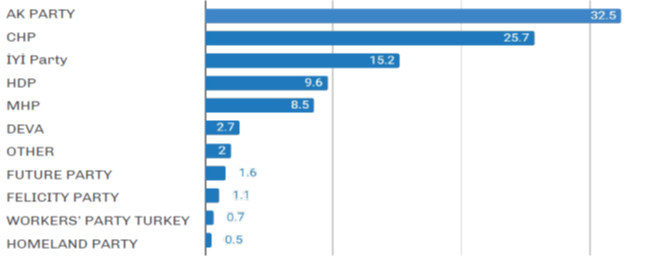
Source: TürkiyeRaporu.com
Turkiye is an unpredictable country where anything can happen at any time, the Turkish people have gained immunity from the unpredictable.
It is difficult to categorize Turkiye under a specific culture or geography. Turkiye brings together more than thirty culturally and traditionally different ethnic groups under its flag. It is its heritage as the crossroads of civilisations that gives it all its charm and mystery. Another important characteristic of the Turkish population, pertaining to the difficulty of analysts to make relevant analyses regarding voting tendencies, is that contrary to the European norm, there is no major ideological distinction between left-wing and right-wing parties (with the exception of parties possessing an ethnic claim).
What is the secret of Erdogan who has governed the country for 20 years?
Erdogan’s success is in itself a subject for a doctoral thesis. To understand the reason behind it, it is necessary to analyze its assets, the context of internal and especially international politics without forgetting the use of a well-calculated political strategy accompanied by actions with the intent to manipulate the public opinion.
Whether we like it or not, Erdoğan triumph is obvious, being revered not only in Turkiye by a certain part of the population, especially in the rural and conservative milieu, but also in other Muslim countries. His profile as a dynamic and charismatic man from the Black Sea region with a modest background, Istanbulite, conservative Muslim, pro-capitalist, possessing an excellent populist rhetoric and most importantly proclaiming to be an apparent victim of the Turkish secular system previously installed by Mustafa Kemal Ataturk, has made him an extremely popular figure in Turkish politics. Faced with an elitist opposition, cut off from the Anatolian reality, without a guiding vision and accompanying projects, presenting unknown candidates such as “Ekmelettin Ihsanoğlu”, there is little doubt as to the reasons behind Erdoğan’s popularity and longevity.
Turkiye is going through a deep economic and social crisis, with inflation having reached 65%, the devaluation of the Turkish lira, 460 billion dollars of external debt and not to mention the extremely serious political scandal pertaining to the revelations of Mafia leader Sedat Peker, accusing the current government of having perpetrated organized crime during its Erdoğan’s tenure. Such events in other countries would have surely led to the resignation or collapse of its government but due to laxity and weakness of the opposition in Turkiye, the government is able to cling on to its power while simultaneously disregarding the reaction of its population. The Turkish population was even recently witness to surreal footage regarding Economy Minister Nureddin Nebati following the devaluation of the Turkish lira during a TV interview and asking the journalist if she was able to see “the light in his eyes”.
We must not forget that Erdogan has amplified his notoriety thanks also to the policy of propagation of political Islam. His alliance with the radical Islamist group of Fethullah Gulen which created a parallel state within the Turkish State and dismantled all state institutions by fraudulently placing his men and imprisoning patriotic Turkish intellectuals, bureaucrats, diplomats, military and Kemalists under pretext for coups with Operation Ergenekon, which will forever remain a black page in the history of the Turkish Republic. The opposition promises to condemn anyone involved in this operation “for state treason”.
“Voice of the Oppressed””
President Erdoğan’s alliance with this radical Islamist group has reinforced his authoritarianism in the country, in exchange for sharing state resources and institutions until the “shoebox” operation in 2013. With the help of the radical Islamist group of Fethullah Gulen, Erdoğan was able to take over all the state institutions, be it the Ministry of the Interior, Ministry of Justice, Ministry of Defense and was able to create an “Empire of Fear” which successfully plunged the opposition into silence. The more Erdoğan’s power increased, the more he began to see himself as untouchable and was able to embark on international projects. This led to the perception of himself as the Vice-President of the “Great Middle East Project”, forging his policy on this American doctrine until he found himself without American support in Syria and was forced to seek new alliances such as the one with the Russian Federation. The international context weakened by the rise of Islamophobia after the events of September 11th, served as an opportunity for Erdoğan to amplify his notoriety on the international stage. His impulsiveness and his actions, accompanied by his rhetoric of serving as the voice of the oppressed, particularly in regard to the Muslim world but also the victims of Western colonization, has made him into a hero in the eyes of many who perceive the man as “a strong Muslim leader against the racist West”.
The last 20 years have transformed Erdoğan into a real political beast, with all the power he has received thanks to the new constitution giving him the ability to run the country by his self. In addition, he also possesses all the political tools necessary for him to conduct his political propaganda, the main press groups being in possession of individuals that are loyal to the government. As noted by many political experts social networks also serve Erdoğan’s interests and serve as one of his most effective means of manipulating the people’s conscience by distorting reality. This has been achieved through use of internet “trolls” en masse, that constantly hunt down unwanted publications while facilitating others and has led to the successful manipulation of the public opinion on the internet. In more precarious environments such as the conservative towns in the Anatolian region, where the access to tools such as the internet is not as popular and where the school enrolment rates are some of the lowest in the country, Erdogan is perceived and even revered as a prophet, a worrying reality that needs to be taken into consideration.
Several vectors are at the origin of this veneration, the first being the image of the President, that of an intransigent Muslim leader that is facing the Western world. The second is the social aid received from donations by the European Union as part of the democratisation of the country but that according to some non-official sources has instead been incorporated into the budget of the AKP and utilised to fund his election campaign by providing social aid to a socially disadvantaged part of the population, without forgetting billion dollars loan from foreign banks for constructing modern and expensive government infrastructure such as bridges, roads and hospitals, serving as a durable symbol of the progress that the party brings to the nation. The lack of questions regarding where the funds for these government projects come from, has permitted the AKP to maintain its popularity and sway over the population. Third and finally, is a questionable strategy that has widened the gap between the different social classes in Turkiye and which consists of the systematic closing of schools in villages and rural areas. There is no longer a teacher to instruct the principles of the Turkish Republic, the only authority in these villages are the “İmams” the guerrilla marketing soldiers for political Islam. That is why without studying the dynamics of Anatolian society and its transformation over the past 20 years, it will be difficult to understand the success of President Erdoğan.
On the opposition side, a consensus is not clearly defined as to who shall take the mantle, with the polls currently favouring the two mayors of Turkiye’s major cities: Ankara and Istanbul. Mansur Yavas is currently ahead of all his competitors in all of the polls while remaining in the side-line as to not get into any controversy and continue his successful tenure as mayor of Ankara. This is less the case for his colleague in Istanbul, who was taken a much more prominent and politicized role on the front stage of Turkish politics, having also created his election campaign team. Let us not forget the two leaders of the opposition Kemal Kılıçdaroğlu, leader of the Republican Party, who has already nominated himself as the candidate for the presidential election when the leader of Iyi Party launched a new controversy by designating herself as the candidate for the post of Prime Minister. This is a nod to the opposition’s desire to change the constitution in order to return to the previous system of governance. Politics is full of surprises, everything can change and when it comes to Turkiye, the unpredictable keeps its mystery until the last minute. Will Erdogan let go of his chair? Surely not, all means are at his disposal.

